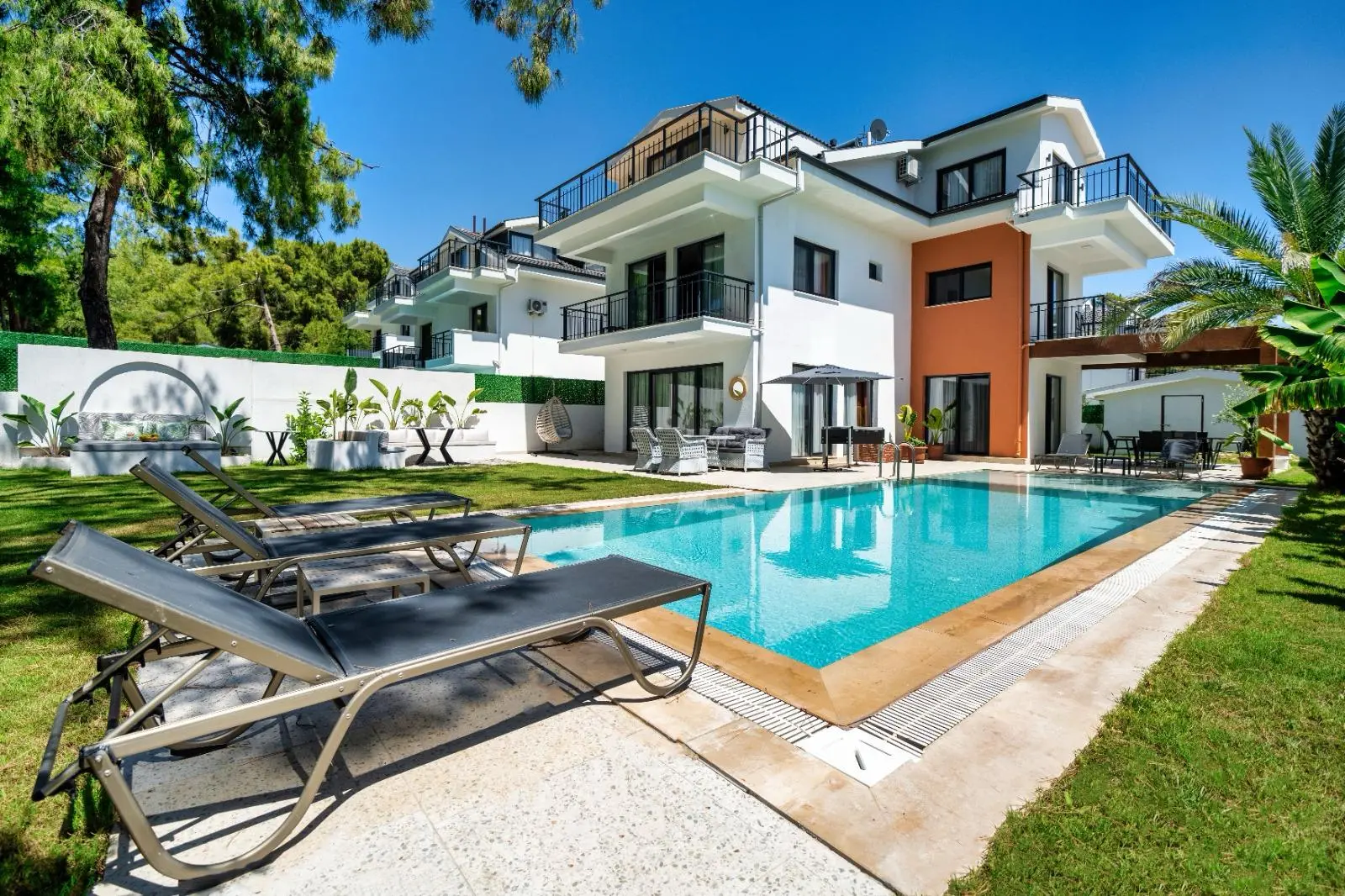Moving to any country can be an exciting and eventful prospect. Still, when it is a country quite different from your own, you will need to get used to many layers of cultural aspects, as well as all the logistics that come with relocating.
Planning a move (or even a visit) to Turkey is no exception. There is so much to charm you in this country, so if you go with an open mind and a willingness to learn, what might seem weird to you now, will soon become your normal.
Here we let you in on six things that you might find hard to get used to in Turkey.

Terms of endearment replace names
Terms of endearment in Turkey are something you will notice the longer you stay, depending on the relationships you develop with people. Male Turkish friends with a close bond may refer to each other as "Kardesim," meaning my brother. You might hear "Teyze", which means "mother's sister", this is also used as a respectful term when addressing an older woman of no relation, similar to using "Abla", which means sister - but also used as a sign of respect. There is also askım (my love), gunesim (my sun), canim (my soul), melegim (my angel) for spouses.
Read more: Love and marriage in Turkey

There are street dogs and cats everywhere
There are hundreds of thousands of stray animals across Turkey. You might be surprised to see they are generally healthy-looking, as activists, volunteers and residents feed and groom them, and some councils provide services for these fury friends.
Figures from 2018 found in Istanbul, there were 162,970 stray cats and 128,900 dogs. The dogs are generally tagged, spayed and neutered. Some Turks believe the dogs have just as much right to the city and humans do. Many visitors to Turkey and, in particular, Istanbul have remarked on how friendly the street dogs are, how they will often walk alongside people in the city, or will lie around in the parks or on the pavement.
Read more: How cats conquered Istanbul

Strong, black, sweet tea is a national obsession
Tea or cay is a big part of Turkish culture and hospitality. It is typically prepared using two stacked kettles called "caydanlik", specially designed for tea preparation. The black tea leaves are brewed strong, but when served, you chose if you want it diluted - either strong or weak. The tea is then drunk from small tulip glasses (no, not cups or mugs) with sugar cubes.
The Turks also do not take milk with their tea, so that might be something you will struggle to get used to! If you are being served tea, your host will keep pouring you more each time you finish your glass. To stop your host from pouring you another glass, tradition dictates you need to put your teaspoon on top of your tea glass as soon as you finish. And if you are hosting, make sure you have plenty of tea to keep your guests happy; in Turkish culture, you can't just run out of tea!
Read more: 11 things you never knew about Turkish tea

Haggling is part of the culture - especially at markets
Are you used to set prices for your purchases? Be that goods or services? Well, throw that out the door in Turkey! Here, haggling is common in bazaars, some accommodation and services. Be prepared to spend time, especially if it's a big purchase that will be costly.
You might be offered a seat and a drink, with time spent getting to know what's available to purchase and then being shown these goods. It's a routine; you will ask the price, the seller will give you the price, you will look uneasy over this, and make a counteroffer, down to 50% lower.
You and the seller will go back and forward with prices offered until you meet somewhere in between, where you are both happy. If no happy agreement is met, it's okay to walk away - the seller might call you back and drop the price, if not, keep looking. Generally, don't haggle in food shops or for transport costs.
Read more: How to haggle like a local in Turkey.

Road rules don't really apply here
If you plan to drive in Turkey, be prepared to have skyrocketing blood pressure and white knuckles! Istanbul is highly congested, with the burgeoning number of cars overwhelming infrastructure. There is no doubt that Turkey's roads are chaotic and unpredictable, so road safety is a concern for all drivers. Turkish drivers have a reputation for making up their own rules - and being unpredictable and aggressive.
Don't expect to see much indicating, honouring traffic lights, or watching out for pedestrians, and you should also expect a lot of horn honking. Unfortunately, Turkey also has a reputation for poor road construction which contributes to high death tolls, although this is quickly changing as infrastructure improvements continue at a rapid pace. If you are driving, you should be a confident driver and be aware that some dangerous overtaking is commonplace.

Water fountains in dedication to the deceased
Water fountains can be found across Turkey, and often they are there as a tribute to deceased relatives. The fountains have a plate with the name and the surname of the dead. The idea is that a person will drink from such fountains and pray for this relative's souls.
One of the most famous fountains is the Fountain of Ahmed III (Uskudar), located in Istanbul's Topkapi Palace, completed in 1729. The public water fountain was built by Ottoman sultan Ahmed III for travellers and people's ritual washing needs. This fountain was dedicated to the sultan's mother, Emetullah Rabia Gulnus Sultan.











 Fethiye
Fethiye  4
4  4
4 


















 X
X